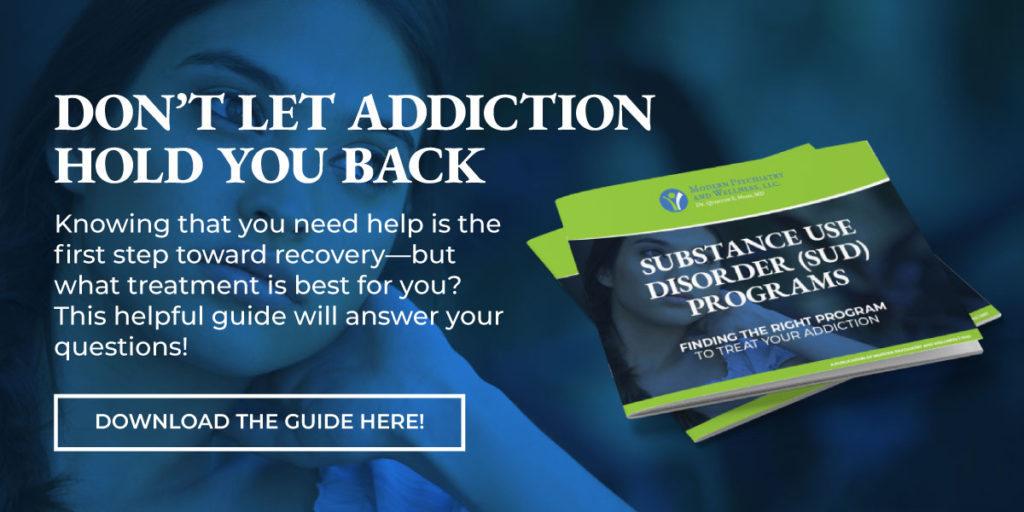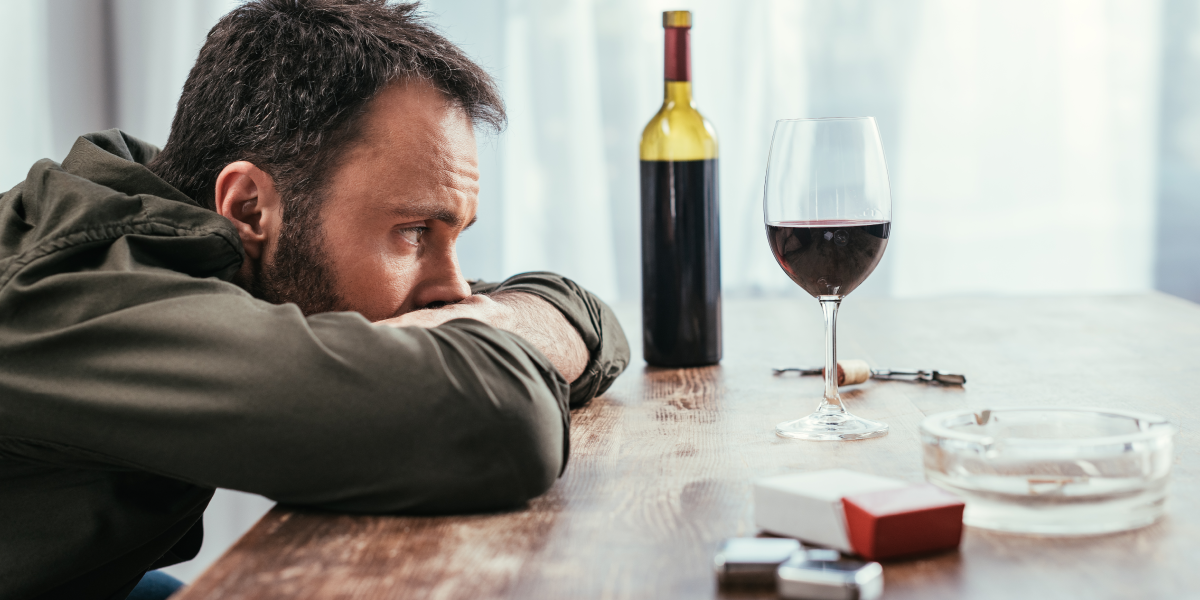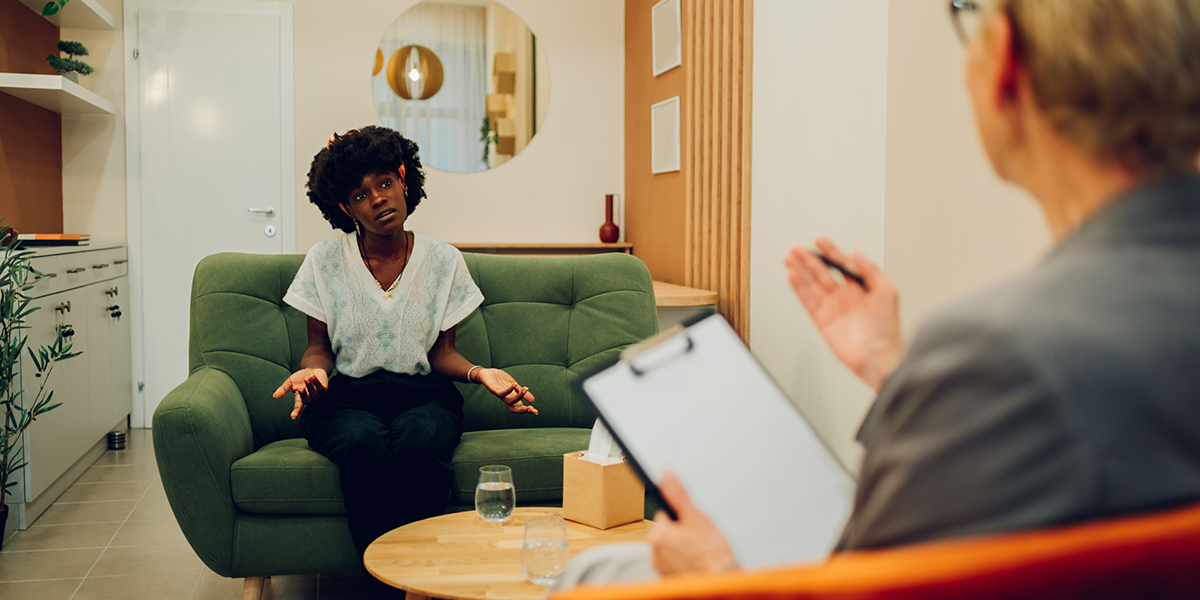August 31 is recognized as International Overdose Awareness Day. Throughout the month, we recognize the devastating impacts of overdose by remembering those who have lost their lives due to substance abuse. Whether accidental or intentional, overdose occurs when individuals take dangerous amounts or combinations of illicit substances or take more than the medically recommended dose of a prescribed medication such as opioid painkillers. Substance abuse carries a range of side effects including addiction, overdose, and lasting impacts on personal relationships. While August 31 brings international awareness to overdose, for those that have been directly impacted every day is about remembering their friend or loved one.
Start Your Addiction Recovery Journey with Modern Psych
>> Check out our Programs <<
Understanding Overdose: Signs and Symptoms
From illicit drugs such as cocaine and heroin to alcohol and prescription medication, people can overdose on many substances. In many cases, overdoses are fatal unless medical treatment is readily available. Since overdose can occur from various substances, the physical and psychological side effects may differ depending on the type of drug is taken and whether it was combined with other substances.
Common symptoms of a drug overdose can include:
- Dilated pupils
- Unsteady walking
- Chest pain and difficulty breathing
- Blue lips or fingers
- Nausea or vomiting
- High body temperature
- Aggressive behavior
- Seizures
- Unresponsiveness or unconsciousness
The length of time in which a person will exhibit these symptoms can vary depending on the type of substance, the amount, and how the body responds. While the individual may or may not exhibit all the signs, even a few can be an indication of overdose.

Overdose Awareness: What to Do
If you or a loved one has potentially overdosed, please seek medical attention immediately. While you are waiting for medical personnel to arrive, you can implement the following procedures. Please be cautious when providing care as certain substances can cause unpredictable behavior.
- Check heart rate and if the person is breathing.
- If unconscious, attempt to get a response by asking questions to determine their current level of alertness.
- If the person is not breathing, turn them onto their side and if medically qualified perform CPR if necessary.
- Provide first aid as directed by 911 operators.
- Obtain any relative information including substance type, dose, and the timeframe from when they took the drug. You can take the prescription medication or other labels of the substances with you to the hospital.
- Stay calm and assure the person that help is on the way.
Treating Overdose and Recovery
Like the signs and symptoms of overdose, treatment can vary depending on the type of substance and the dosage. Evidence shows that Narcan to be very effective in reversing opioid overdoses, which make up most of the overdose deaths each year. Following an overdose, the individual will need to be seen by an emergency room for safe monitoring and to determine the next steps. In the event of an intentional drug, a psychiatric and mental health evaluation will need to be provided to determine the right steps for recovery and long-term sobriety.
While the road to recovery may be bumpy, seeking help is a great first step. The team at Modern Psychiatry and Wellness is here to help. To learn more about our mental health services and treatment options for overdose and substance abuse, contact our team today! We are available for walk-in appointments to get started Monday – Friday, 8 AM to 3 PM in our Hamilton and West Chester locations.





